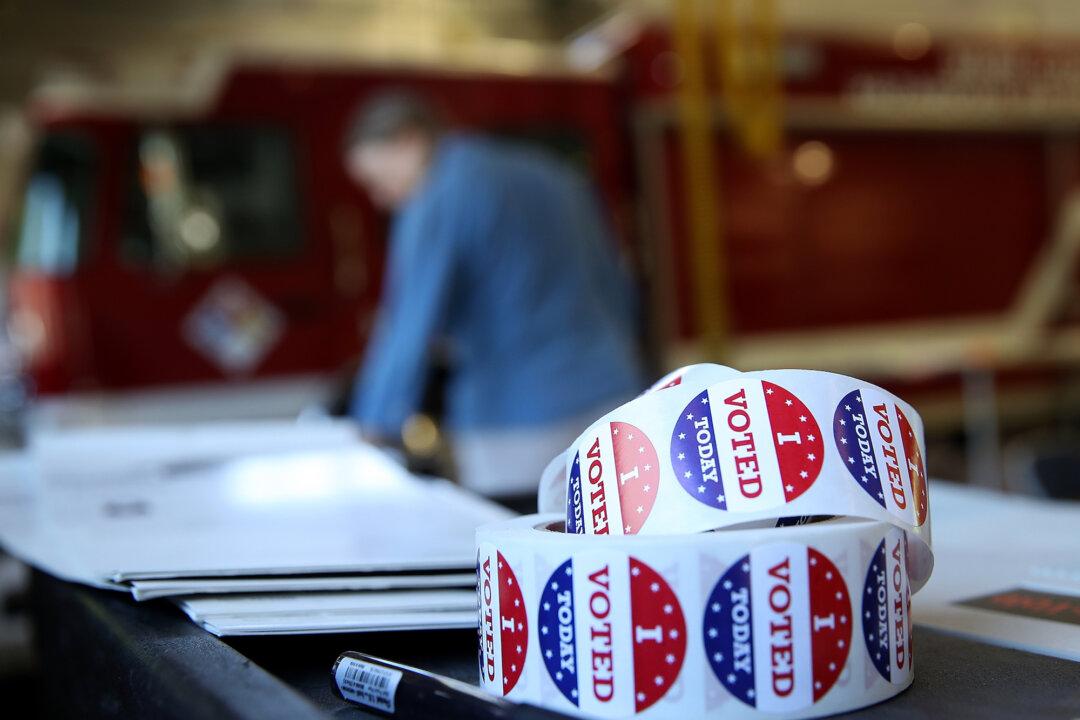The Vermont Supreme Court ruled on Jan. 20 that the city of Montpelier didn’t violate the state constitution by allowing foreign nationals to vote in municipal elections.
The lawsuit stemmed from a 2018 amendment to Montpelier’s charter that permits “noncitizen voters” to “register to vote in Montpelier City elections.” The amendment was placed on that year’s general election ballot and approved by voters.





